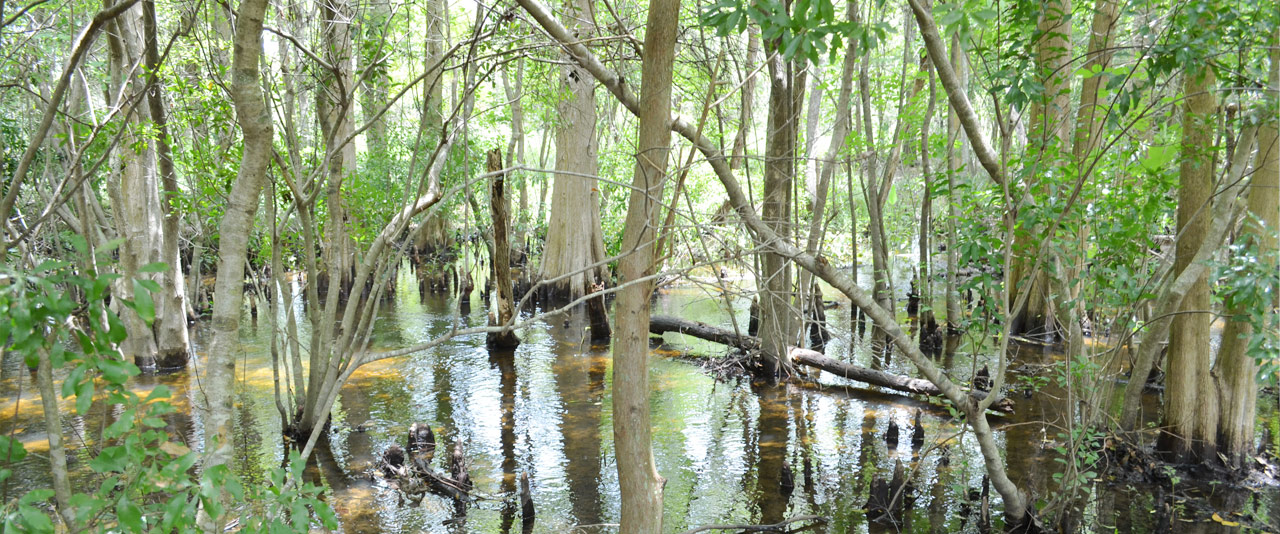Conducting research that will help protect the health of Florida citizens and the environment is key to the Florida Industrial and Phosphate Research Institute mission. As such, the FIPR Institute’s Environmental Health research is concerned with issues such as waste disposal, environmental radioactivity, and the possibilities of air and water pollution. In fact, the Institute insists that research in all areas must at a minimum do no harm to the environment, and preferably benefit the environment and people of Florida.
The FIPR Institute’s research in this area has covered everything from surveying radon levels in every county in the state and evaluating the best way to build a radon-resistant house to studying how radionuclides impact groundwater, wildlife and foods grown on phosphate lands. Consequently, we now have very good information about radiation doses to workers, effects on the health of workers over their lifetimes, natural and mined land characteristics, public radiation exposures, radon mitigation techniques, and safe uses of phosphogypsum. For that reason, future research in this area will mainly consist of updates when significant changes occur, filling the small knowledge gaps, and education of the public.
A number of projects not related to radioactivity have been completed, including dust control in the industry, worker exposures to sulfuric acid mist, measurement of acidic aerosol concentrations, mosquito control at mined areas, and noise and vibration associated with mining activities. Research in this area has also looked at the safety of consuming fish caught in lakes made from phosphate mining pits.
Areas of special interest include the environmental impact of flotation reagents, air pollution from processing operations, the storage/handling of phosphogypsum, and surface and aquifer water contamination by fluorides, acids, heavy metals, and radionuclides. As the other research areas develop technologies to deal with process water, phosphogypsum, clay settling areas and phosphatic clays, the Environmental Health research area will encourage and conduct research on the effects of those technologies. In addition, baseline information should be gathered on sites that will be mined in the future so the impacts of mining can be evaluated.
